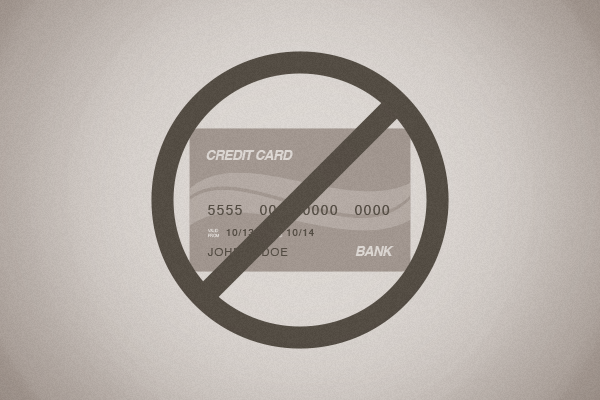Okay, so this is a departure from our red tape world. It looks like fee-for-service practices are noticing a new trend in payments from insurance companies and payers – they are actually paying for services rendered with credit cards or virtual credit cards.
A virtual credit card? Is that a real thing?
Yes it is. According to wiseGeek.com, “A virtual credit card, also known as a throwaway or temporary credit card, is a disposable payment card used for one-time purchases. It consists of a single-use credit card number generated by the credit card issuer. In most cases, virtual credit card numbers can only be used once, and will expire after about a month if not used.”
That sounds fine. Why shouldn’t I accept a credit card payment from an insurance company?
Here’s the trick. Because they are paying with a credit card, the merchant (that would be the practice in this case) is being charged the customary merchant service fee. Now we, like most doctors, don’t have a problem accepting credit cards from patients, but paying more money to get paid by an insurance company is the most ludicrous thing we’ve heard lately. Practices shouldn’t take another hit from insurance companies by forking over as much as 5% of the payment to cover some processing fee. We wonder, too, do insurance companies get cash back points for using these virtual credit cards? Oh, the irony.
I’m a fee-for-service doc. Can I do anything about this?
Yes, you can. An insurance company might tell you that you are required to accept payment via credit card if that is a form of payment you accept from patients, but that is not correct. Call the insurance company and tell them you insist on an Electronic Funds Transfer (EFT) (or you can ask for a paper check).
Also, look out for the legalese. Make sure that any new payer contracts that you sign don’t have sneak in language that lets insurance companies pay you in any method.
Oh and some more reassuring news. As of January 1, 2014, payers are required to wire funds (EFT) for all physician payments. Although, it’s anticipated that payers may neglect this requirement if your practice doesn’t call them on their mistake.
I practice direct care, so I’m okay, right?
Direct care docs, we’re lucky this doesn’t concern us anymore. However, we as doctors owe it to the entire community to spread the word. As if our fee-for-service docs weren’t experiencing enough duress, no need to see them further shorted on payments, too.
